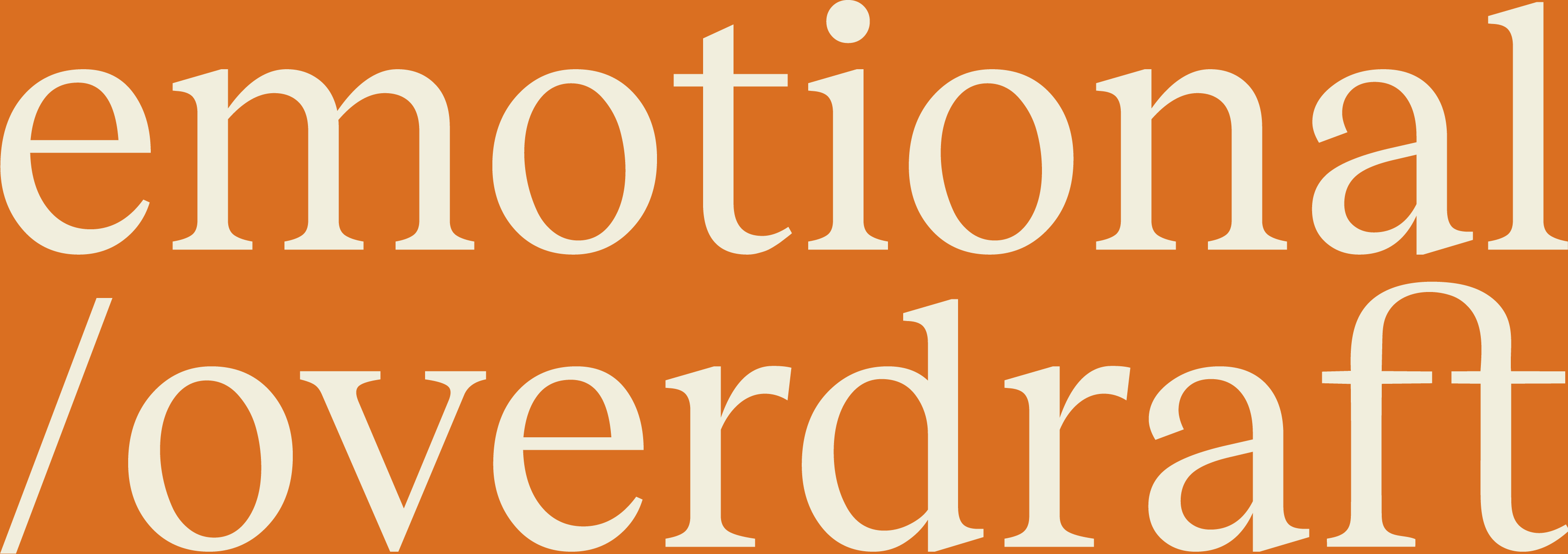In my experience as a coach, and through the research for my book, there’s one thing that is abundantly clear: many leaders and high achievers push themselves into emotional overdraft by ignoring or even outright dismissing their emotions. We’ve been taught to ‘power through’, to keep a stiff upper lip, to ‘just get to the end of this rough patch or project, as though emotions are hurdles we need to overcome or ‘conquer’. But the truth is, emotions are some of the most valuable information we have. They don’t just add texture to our lives; they guide us, warn us, and bring balance to our experience.
Over time, if we ignore our emotional for too long, we stop noticing very important signs – our fatigue, burnout, or the toll on our relationships. Emotions, when we learn to listen to them, can keep us from being caught out by all these things, telling us what we need and when to take a beat.
Why Listening to Emotions Matters
Emotions are not a “soft” science – they are as essential to our wellbeing as sleep and food. Each one, whether frustration, sadness, excitement, or worry, has a message for us if we’re willing to listen.
Take a moment to ask, “What is my body or mind trying to tell me with this feeling?” This is often the first step in reducing stress, building better relationships, and keeping our emotional overdraft to a minimum.
Listening to our emotions is not the same as acting impulsively on them. It’s about recognising that they hold insights into our unmet needs or situations that call for our attention. Ignoring these signals, on the other hand, leads us down the road of stress, disconnection, and, yes, deep into emotional overdraft.
Four steps to hear what your emotions are saying
- Acknowledge and Name the Feeling
When you feel an emotion arise, start by giving it a name. Rather than saying, “I am frustrated,” try, “This is frustration.” Labelling it helps you create a little distance between yourself and the emotion, which can make it easier to understand without being overwhelmed. Emotions are visitors – they are not who we are.
- Notice Physical Sensations
Emotions often manifest physically, sometimes even before we’re fully aware of them. Pay attention to areas where you might feel tension, lightness, or tightness. Emotions are our body’s way of communicating unmet needs or situations that need attention. This physical awareness not only sharpens your emotional intelligence but also allows you to intercept emotional overdraft before it builds up.
- Listen to the message, not just the feeling
Imagine your emotions as guides that are asking, “What needs addressing?” Is it time to rest? Do you need support from a colleague or a loved one? Emotions that aren’t acknowledged can escalate, leading to burnout and an overwhelmed state. For me, learning to ask, “What is this feeling trying to tell me?” has saved countless hours of frustration and helped me avoid pushing myself into a chronic state of depletion.
- Release the emotion once it has been heard
When an emotion has served its purpose, let it go. Studies suggest that an emotion, when observed without feeding it with anxious thoughts, naturally dissipates in about 90 seconds. Ruminating is a habit that turns a momentary feeling into an ongoing emotional debt. The best way to let go? Take a few deep breaths, let your mind clear, and consciously decide to release the emotion.
Listening to emotions is a skill, and it takes practice. Just as we check in on our financial health, we need to check in on our emotional health. By doing so, we can avoid living in an emotional overdraft, allowing us to lead and live from a place of resilience, presence, and genuine satisfaction.
This approach to emotions isn’t about becoming reactive or letting feelings dictate our every move. It’s about letting them serve their intended purpose: to guide, inform, and remind us of what truly matters. So next time you feel the pull of frustration, sadness, or stress, listen in. You might find it’s the nudge you need to recalibrate and avoid living in an emotional overdraft.
Andy

